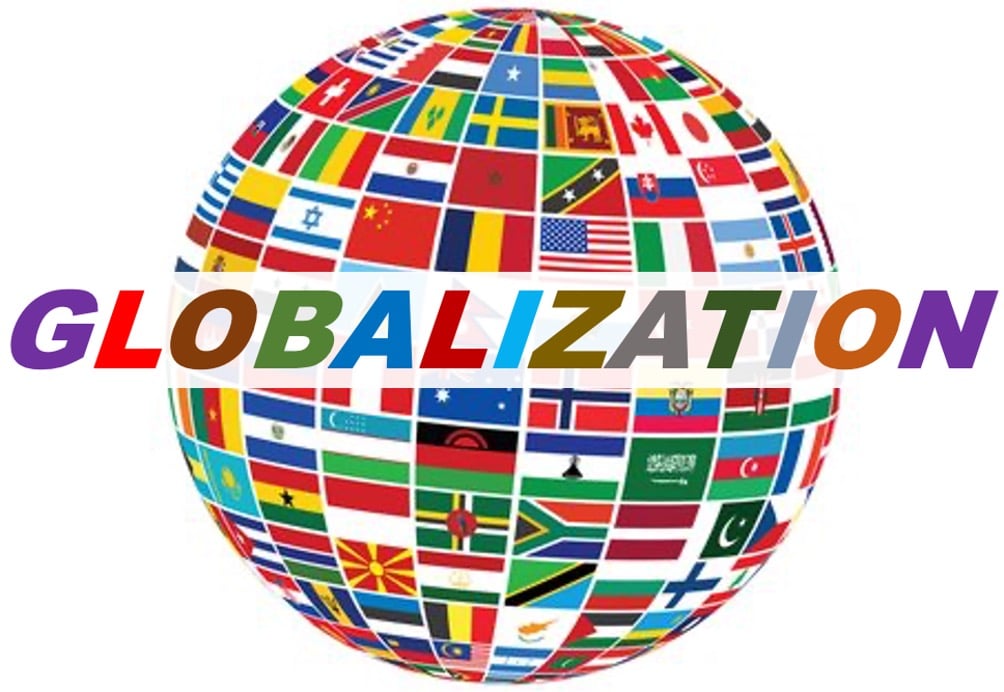Any company or individual that sells goods to other countries or buys them from abroad is involved in international business. It includes any type of trade of goods, services, knowledge, or capital across international borders.

Since the second half of the twentieth century, international business, which is also known as globalization, has increased significantly.
International business – a feature of every country
Every country in the world today imports and exports goods, services, intellectual property, employees, and capital.
International business requires more skills than those used in domestic business. It may involve traveling to another country, and in some cases, living there for quite some time.
If you are involved in international business, you need to understand diverse cultures and customs, economies, business practices, and laws.
Examples of international business
If we hear the term international business, most of us think of the importation and exportation of oil, natural gas, cars, etc.
However, there are hundreds of different types of international business companies and transactions. If I order something from Amazon in the United States and have it delivered to my home in Canada, I am an active participant in the world of international business.

Another example is a company that outsources some of its activities abroad because of lower costs. Many companies today outsource their customer service, accounting, or manufacturing activities.
Multinational companies
All multinational companies are involved in international business. The world’s largest businesses are multinational companies, also known as multinational corporations or transnational corporations.
A multinational company is one that has business, production facilities, offices, staff, and other activities or assets in more than one country.
The world’s 100 largest multinational corporations control approximately forty percent of global trade. Initially, nearly all multinationals were North American (Coca-Cola, Ford, Procter & Gamble), European (Nestle, BO, Volkswagen), or Japanese (Sony, Mitsubishi, Toyota).
Over the last two or three decades, multinationals have emerged in other regions, including South Korea (Hyundai, Samsung), China (Lenovo, Huawei), Mexico (Cemex, Grupo Bimbo), and India (Reliance, Tata).
International business vs. just domestic business
The global marketplace is much more competitive that the domestic market. However, you will have a much greater chance of growing more quickly and becoming a major player if you do venture abroad.
The global economy, i.e., global GDP, is nearly four times the size of the US economy. Even if your market share is small, you can still grow. A small percentage of the global market is much larger than double that percentage of your home market.
The Internet has changed everything
Since the advent of the Internet, how we work, study, shop, spend our free time, communicate, and do business has changed dramatically.
Individual people can now compete in the global market; this is something only companies of a certain size could do in the past.

Even an English language teacher, for example, who teaches students in other countries via Zoom, Skype, or Google Meet, is involved in international business. Their students or customers pay them via PayPal, Venmo, or Square.
